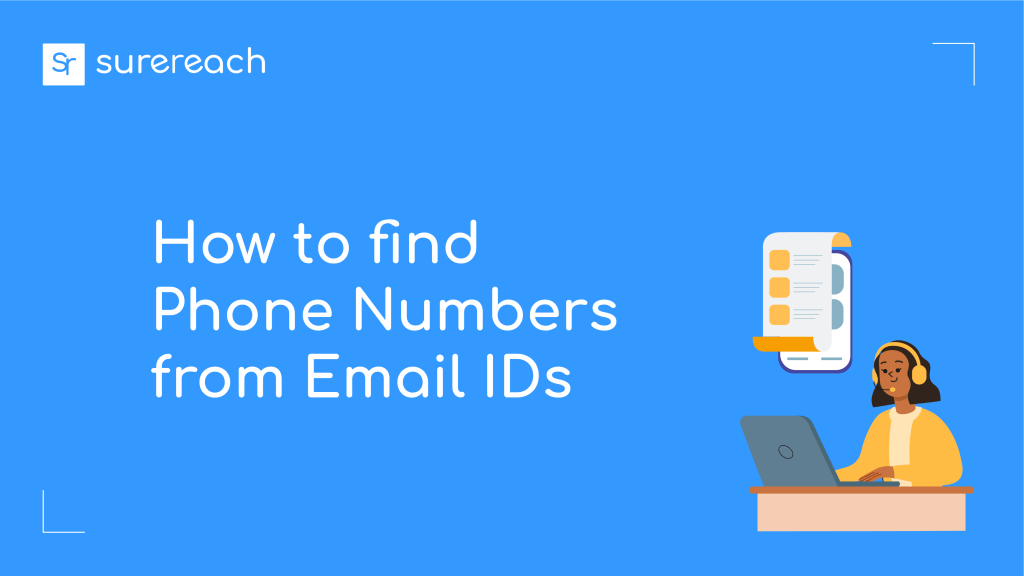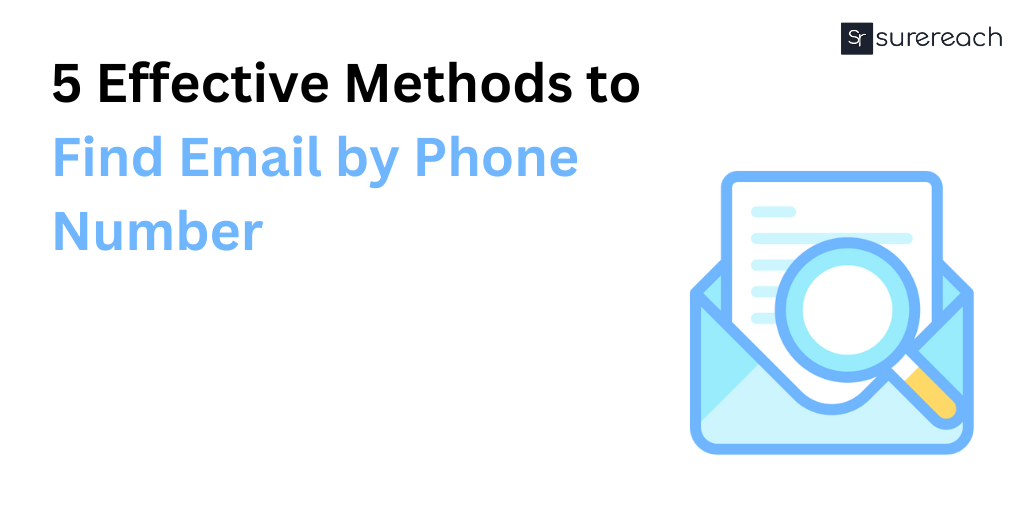Navigating Email Compliance Laws: A Guide to CAN-SPAM and GDPR for Brands
As a brand, sending marketing emails to your customers is a crucial part of promoting your products and services. However, it’s important to make sure that you are complying with the relevant email compliance laws to avoid any potential fines or penalties. In this post, we’ll provide an overview of the CAN-SPAM Act and the General Data Protection Regulation (GDPR), two major email compliance laws that you need to be aware of as a brand.
What is the CAN-SPAM Act?
The Controlling the Assault of Non-Solicited Pornography and Marketing Act (CAN-SPAM Act) is a law in the United States that aims to protect consumers from receiving unwanted emails from brands. This law applies to both B2C and B2B emails, and it has a number of requirements that businesses must follow when sending promotional emails to their customers.
One key requirement of the CAN-SPAM Act is that businesses must include a working unsubscribe link in every promotional email they send. This allows customers to easily opt-out of receiving further emails from the brand if they so choose. Brands must also honor a customer’s request to opt-out within 10 business days, and they must include their physical address in every email they send.
In addition to these requirements, the CAN-SPAM Act also prohibits brands from using misleading or deceptive subject lines or copy in their emails. This means that brands cannot use subject lines or copy that is likely to mislead or deceive the recipient about the content of the email.
Violations of the CAN-SPAM Act can result in penalties of up to $43,792 per email. This highlights the importance of ensuring that your brand is compliant with this law when sending promotional emails to your customers.
Sign up and get 20 credits for free!
We have 3 million+ contacts stored to connect you with prospects all over India
What is the GDPR?
The General Data Protection Regulation (GDPR) is a law that applies to brands that operate within the European Union (EU) or that target EU data subjects. This law was implemented in 2018 to give consumers more control over their personal data and to require businesses to rethink their approach to data privacy.
Under the GDPR, personal data is defined as any information that can be used to identify an individual. This includes a wide range of information, such as IP addresses, biometric data, location, and any other type of online information.
One key aspect of the GDPR is that it gives consumers certain rights when it comes to their personal data. For example, consumers have the right to be informed about the collection and use of their personal data, and they can request access to their personal data at any time.
Consumers also have the right to have inaccurate or outdated information updated, and they can request that their personal data be erased under certain circumstances.
As a brand, it’s important to be aware of these consumer rights and to make sure that you are complying with the GDPR when collecting and using personal data. Failure to comply with the GDPR can result in significant fines, with the maximum penalty being €20 million or 4% of a brand’s annual global revenue, whichever is higher.
Tips for Ensuring Email Compliance
To ensure that you are complying with both the CAN-SPAM Act and the GDPR when sending emails to your customers, here are a few tips to keep in mind:
1) Make sure that you have obtained explicit consent from your customers to receive marketing emails from your brand. This includes making it clear to your customers what types of emails they will receive and how often they will receive them.
2) Include a working unsubscribe link in every promotional email you send, and make sure to honor a customer’s request to opt-out within the required time frame.
3) Be transparent about how you are using your customers’ personal data. Make sure to provide clear and concise information about how you are collecting, using, and storing their data.
4) Keep your customers’ personal data secure and protect it from unauthorized access or misuse. This includes implementing appropriate security measures and regularly reviewing and updating your data protection policies.
5) Regularly review and update your email marketing practices to ensure that you are complying with the latest email compliance laws and best practices. This includes staying up-to-date with any changes to the CAN-SPAM Act and GDPR, as well as any other relevant laws or regulations.
Conclusion
Email compliance laws, such as the CAN-SPAM Act and GDPR, are designed to protect consumers from unwanted or misleading emails from brands. As a brand, it’s important to understand and comply with these laws to ensure that you are not violating any of their requirements. By following best practices and staying up-to-date with the latest email compliance laws, you can effectively engage with your customers while also respecting their privacy and protecting your brand.
Read about how to generate leads for free here








Abhishek Kumar
Abhishek Kumar is a experienced B2B sales professional with a track record of success in helping companies achieve their sales goals. He has a deep understanding of the B2B sales process and is passionate about sharing his insights and expertise through his blog, where he offers valuable advice and tips for fellow sales professionals.
More posts by Abhishek Kumar